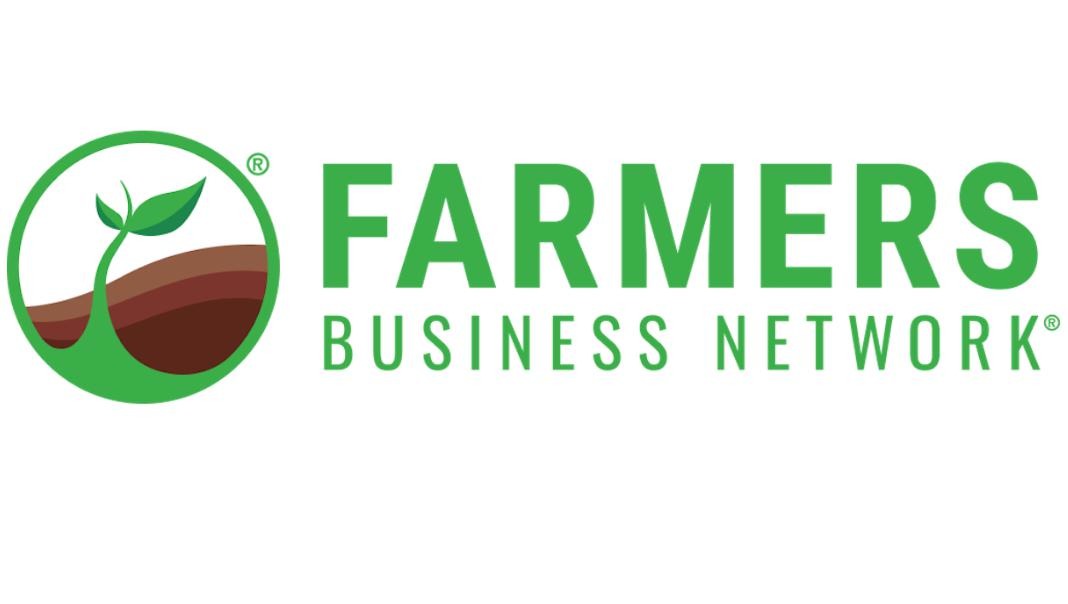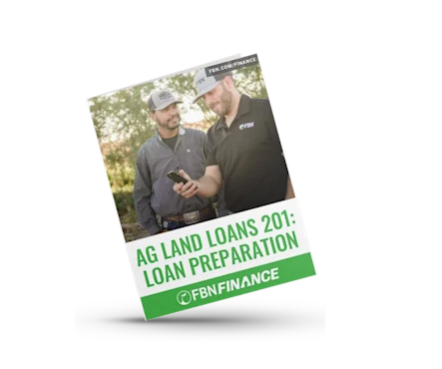What Are the Average Upfront and Closing Costs for a Land Loan?
Thursday, March 6, 2025
Reference: Farmers Business Network

The upfront and closing costs for a land loan can vary widely depending on several factors, including the:

In the new guide Ag Land Loans 101: Loan Preparation, the FBN® Finance team explores the costs involved in farmland loans, including upfront costs and closing costs, the impact of current leases, and the financial information you’re required to provide when applying. |
Download the free guide here, or continue reading below.
Why You Should Budget for Upfront and Closing Costs
The costs for a land loan can be substantial, often ranging from several thousand to tens of thousands of dollars, depending on the specifics of the loan and the property. It’s important to budget for these costs and discuss them with your lender to get a clear understanding of what to expect.
Let’s review what costs could look like, depending on which lender you choose and what your unique circumstances are.
5 Factors That Impact Upfront Costs
1. Down Payment
- Typical Range: 20% to 45% of the purchase price
- Cost Impacts: Land loans often require a higher down payment compared to residential mortgages. The exact amount can vary based on the lender’s requirements and the borrower’s creditworthiness. A higher down payment may qualify for better pricing.
2. Application Fee
- Typical Range: $100 to $500
- Cost Impacts: Some lenders charge an application fee to cover the cost of processing your loan application.
3. Appraisal Fee
- Typical Range: $1,500 to $3,000
- Cost Impacts: Required to determine the value of the land, the appraisal cost can vary based on the size and complexity of the property.
4. Survey Fee
- Typical Range: $500 to $5,000
- Cost Impacts: Often required to verify property boundaries and identify any easements or encroachments, the survey cost depends on the size and complexity of the property.
5. Assessment Fee
- Typical Range: $1,000 to $3,000
- Cost Impacts: An assessment may be required to identify any potential environmental hazards or restrictions on the property.
6 Factors That Impact Closing Costs
1. Loan Origination Fee
- Typical Range: 0.5% to 1.5% of the loan amount
- Cost Impacts: This fee covers the lender’s costs for processing the loan.
2. Title Search and Title Insurance
- Typical Range: $500 to $2,000
- Cost Impacts: A title search is conducted to ensure there are no liens or legal issues with the property title. Title insurance protects the lender, and optionally the buyer, against any future title disputes.
3. Recording Fees
- Typical Range: $50 to $200
- Cost Impacts: These fees are paid to the local government to record the new deed and mortgage documents.
4. Attorney Fees
- Typical Range: $500 to $2,000
- Cost Impacts: Legal fees may be incurred for reviewing the loan documents, conducting the closing, and ensuring all legal requirements are met.
5. Escrow Fees
- Typical Range: $300 to $700
- Cost Impacts: An escrow company may be used to handle the closing process, including the transfer of funds and documents.
6. Property Taxes and Insurance
- Typical Range: Varies
- Cost Impacts: Depending on the timing of the purchase, you may need to prepay a portion of the property taxes and insurance.
Additional Cost Considerations
Read more
Sign up to stay connected
- News
- Property Alerts
- Save your favourite properties
- And more!
Joining Farm Marketer is free, easy and you can opt out at any time.
